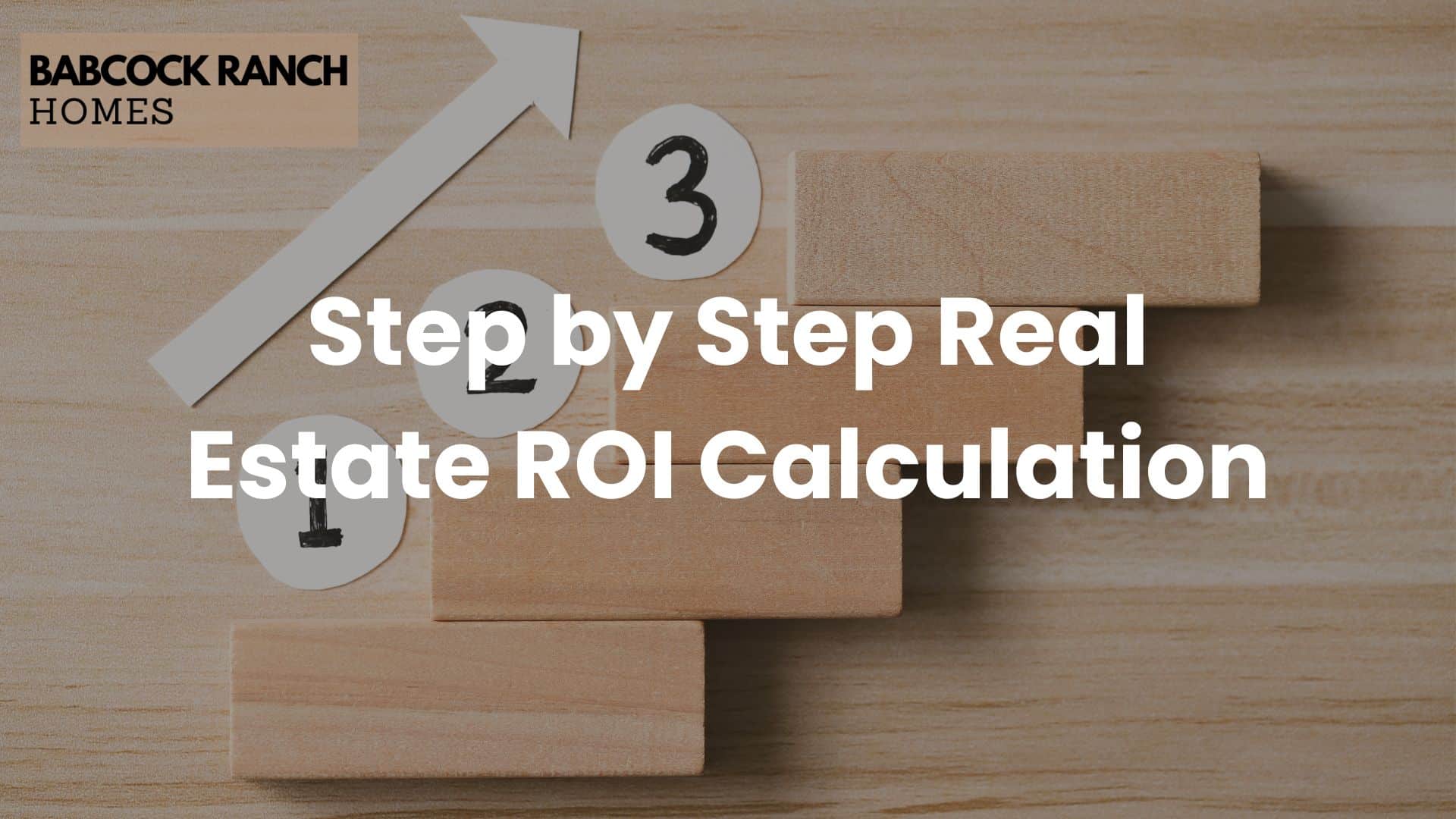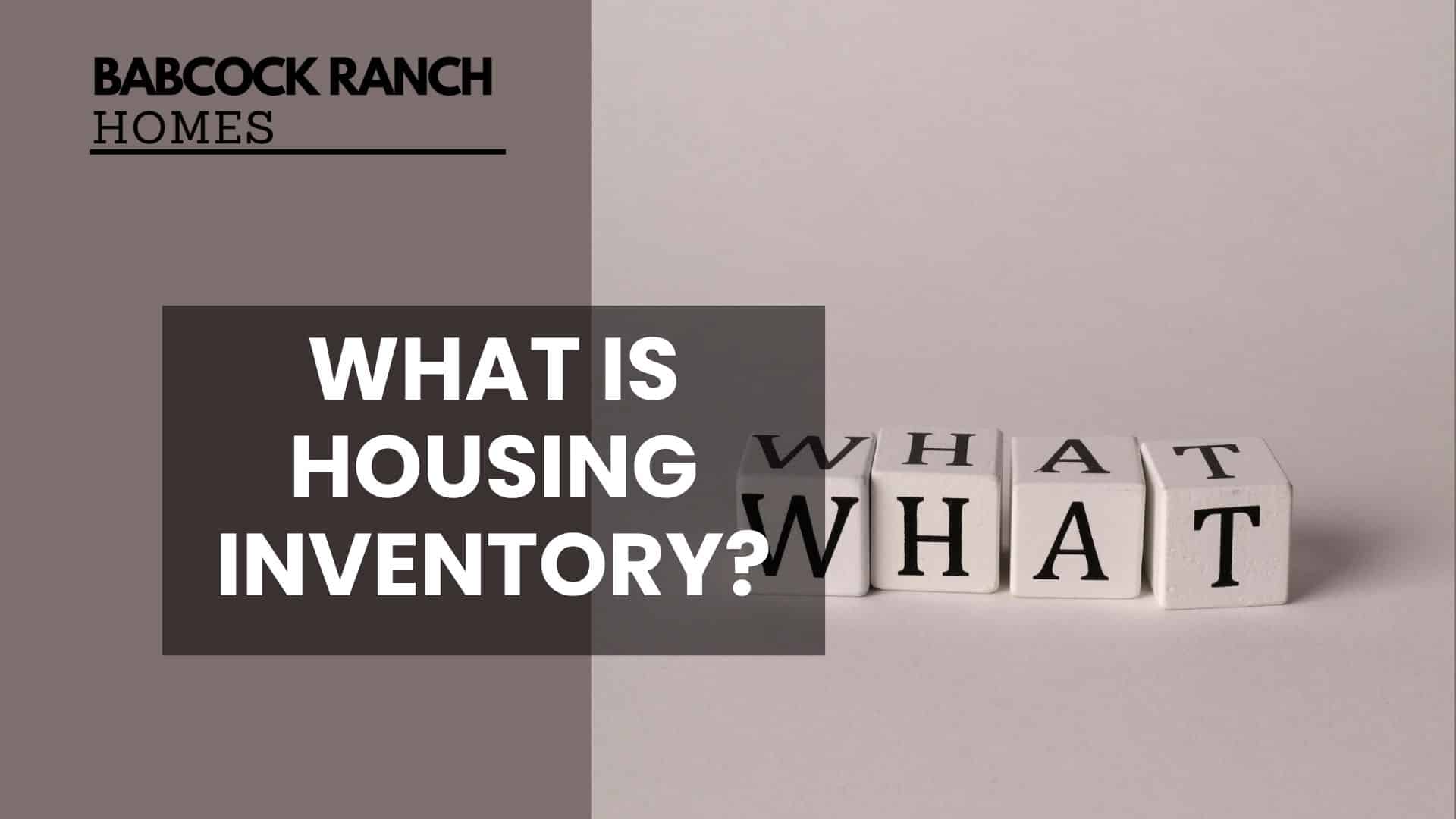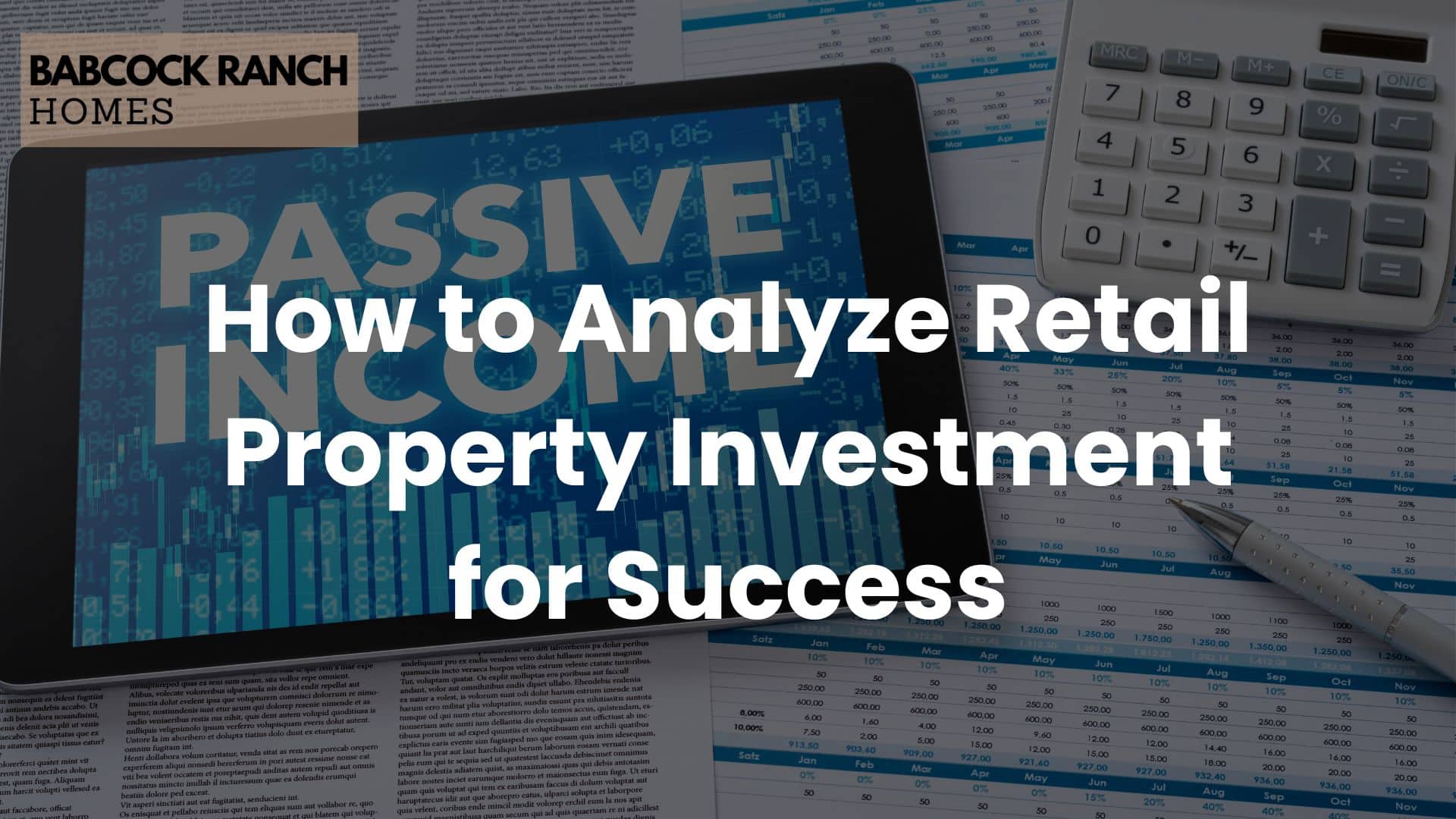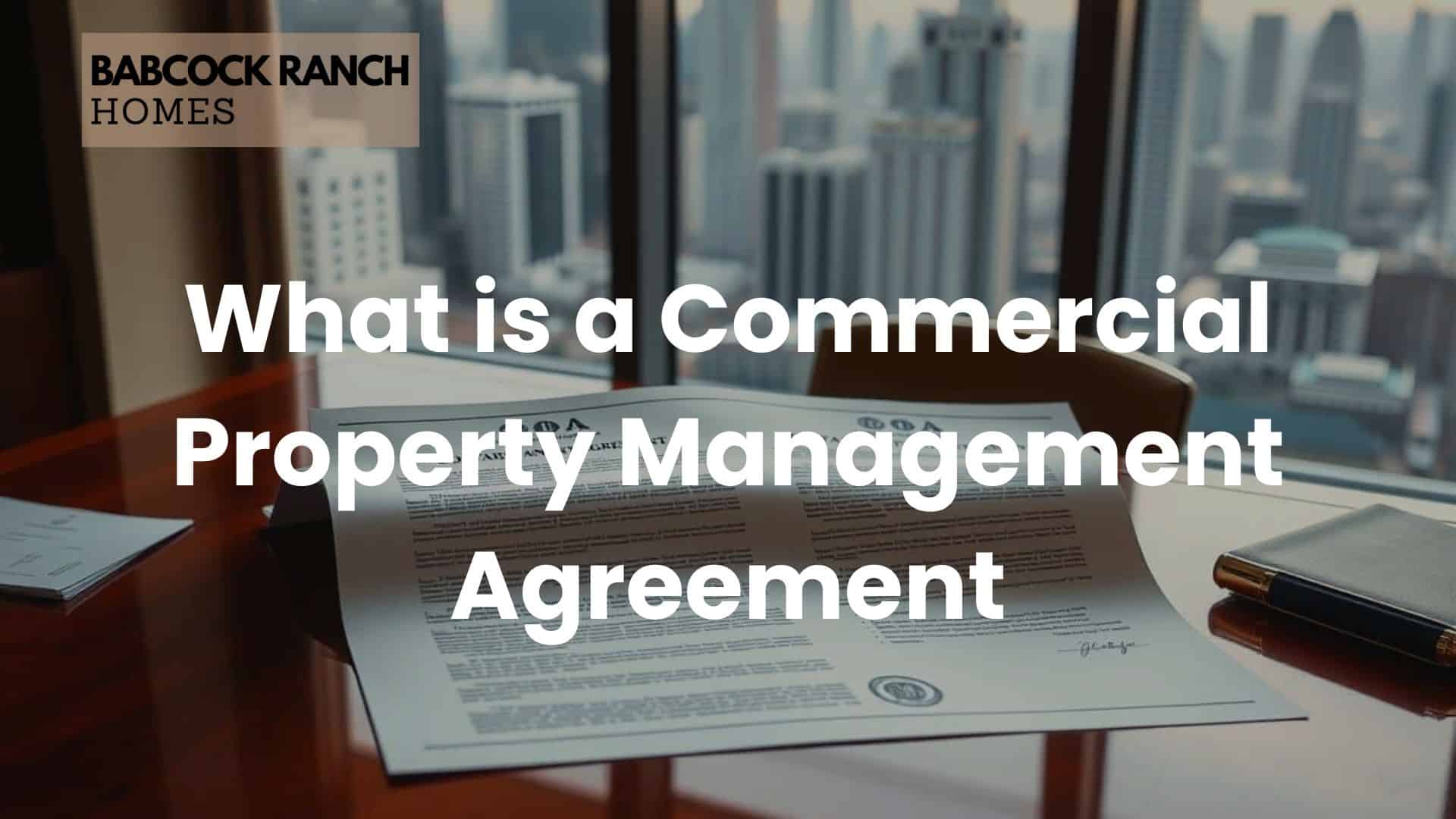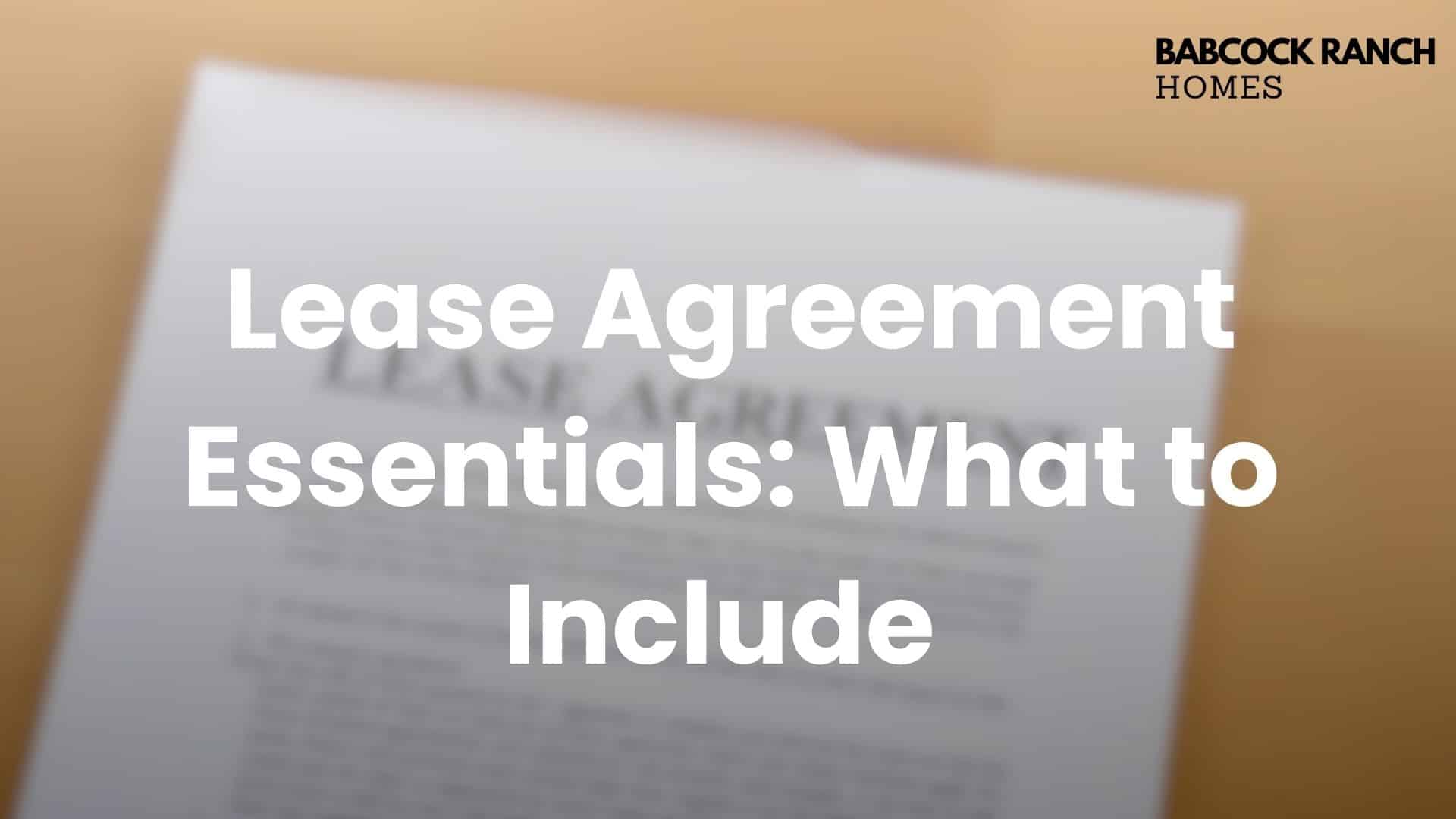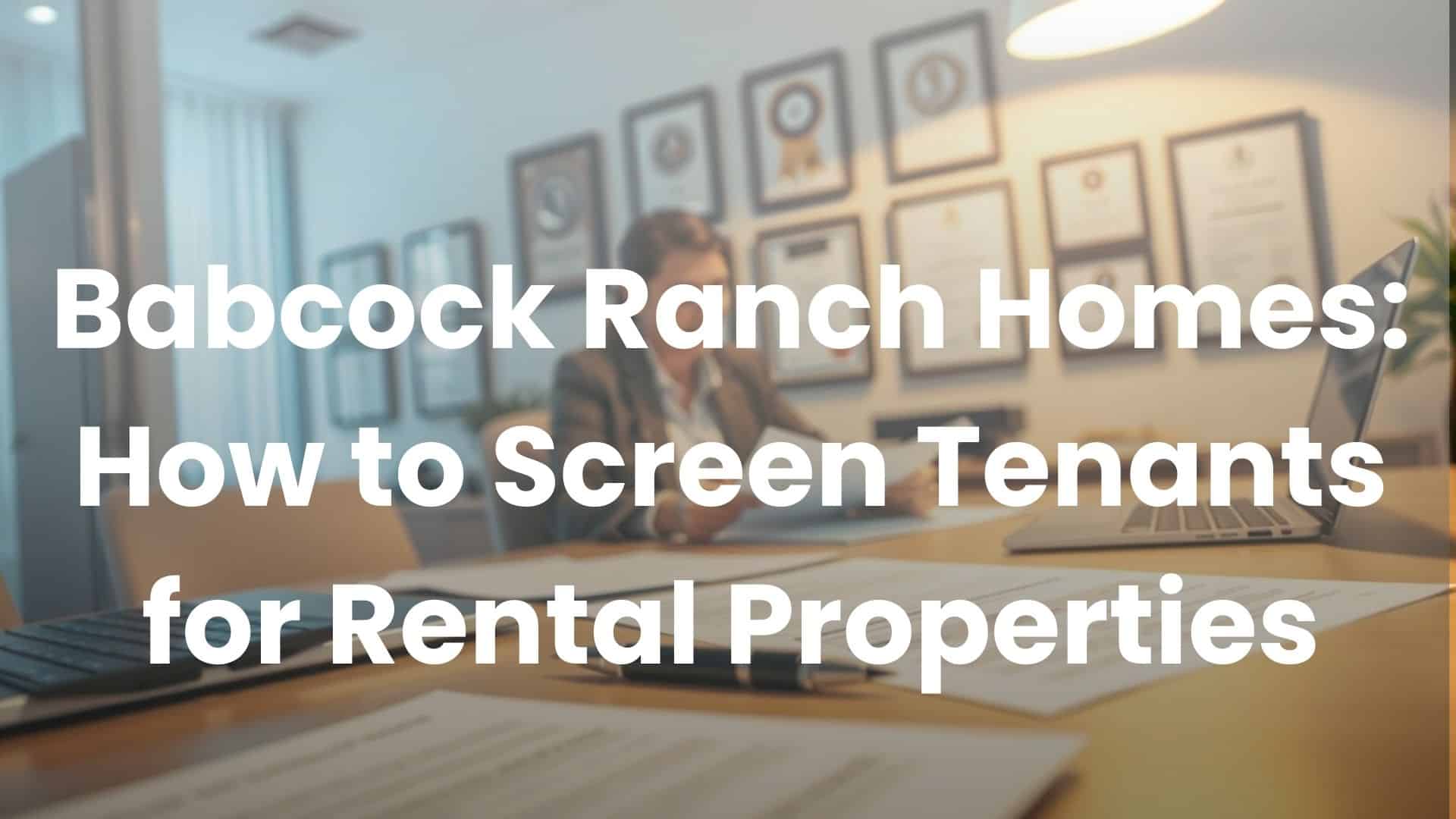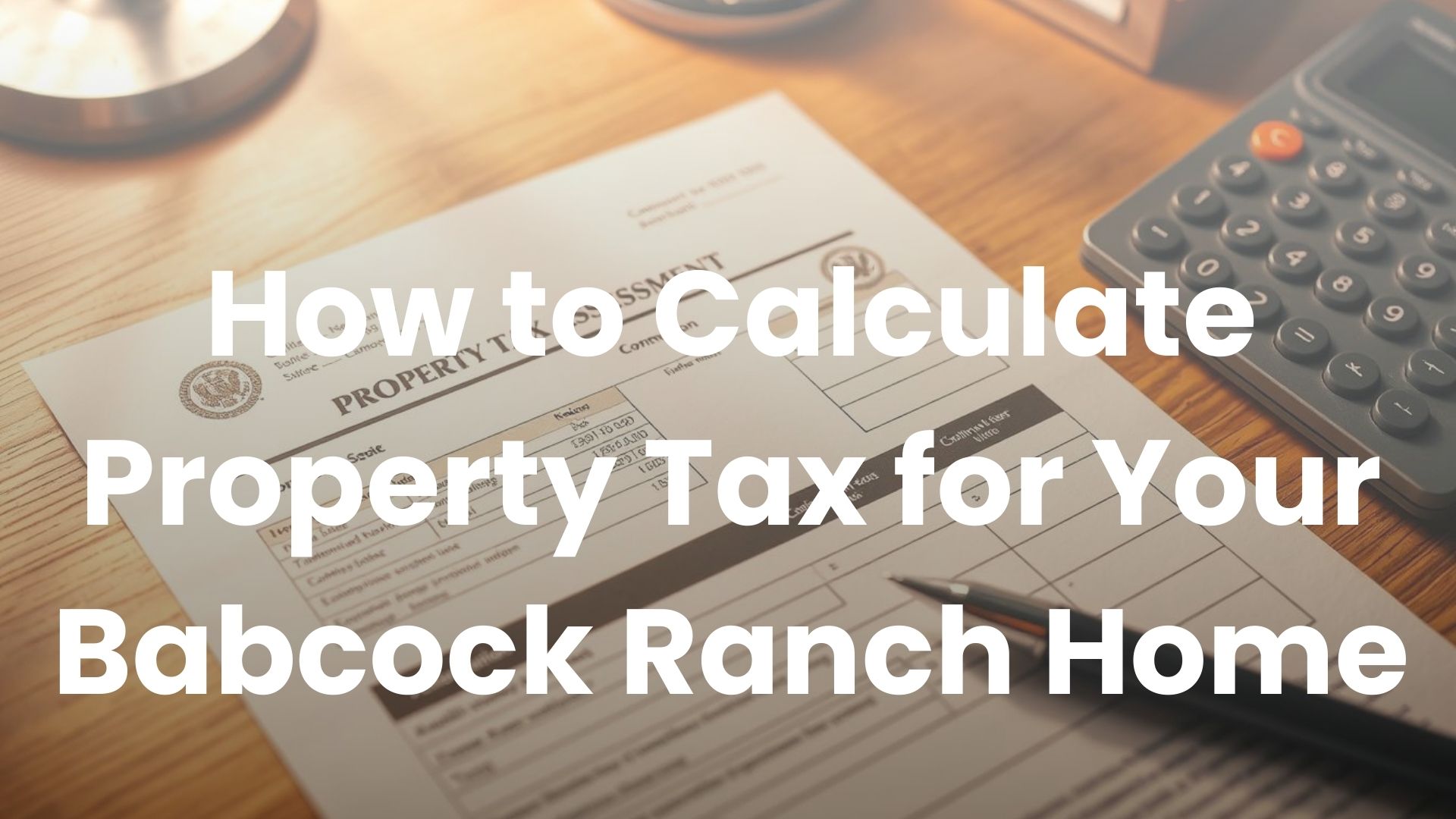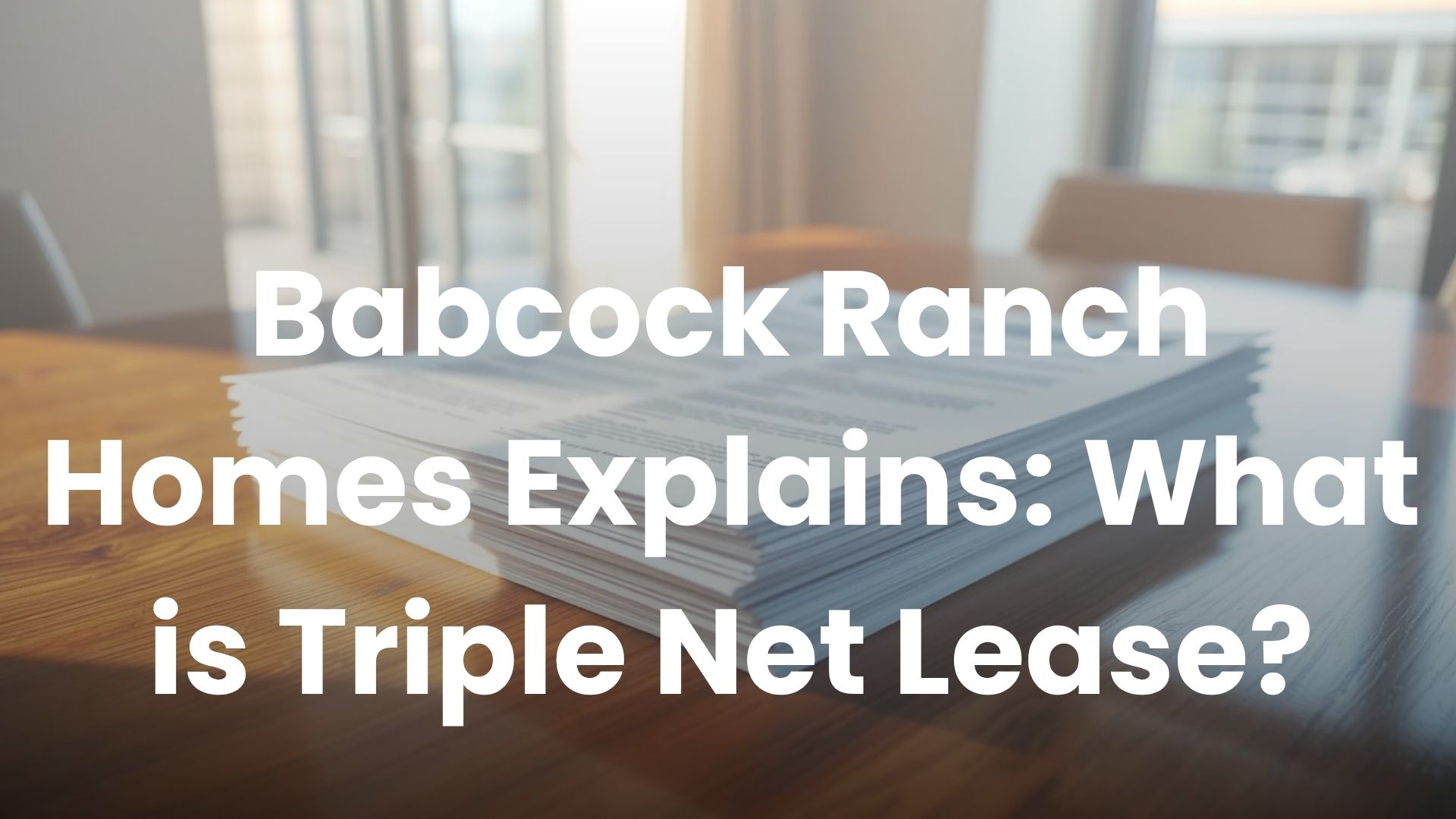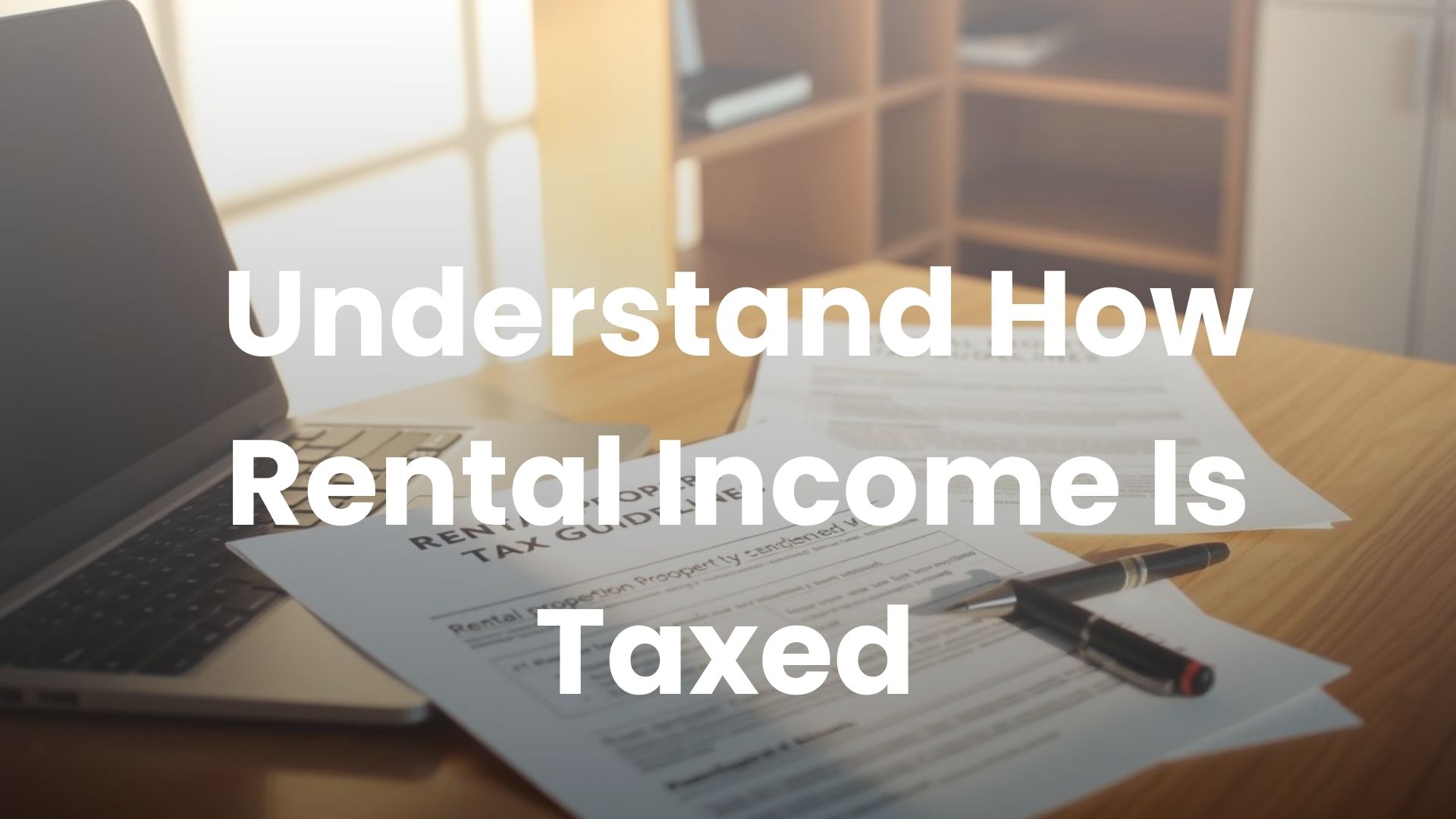Figuring out who owns a property is key for buyers, investors, and researchers. At Babcock Ranch Homes, we know how vital it is to get the right property records quickly and legally.
Finding out who owns a property means looking at different places. You need to use both online and offline sources. This way, you get all the details you need about the property.
Property records are very important. They tell you who owns the property and any rules that apply. You can find this info online in 16 ways. This includes county databases, tax assessor records, and services that help you search.
Key Takeaways
- Property ownership research requires multiple verification sources
- Digital platforms offer convenient property record searches
- Most searches require basic information like physical address
- Title searches reveal legal ownership and any property restrictions
- Professional search services can make complex searches easier
- Knowing local laws is key for successful property searches
Understanding Property Ownership Records in the United States
Public property records are key in real estate deals and research in the U.S. They show who owns a property, its legal status, and past sales. Tools for looking up real estate ownership have changed how we get and understand property info.

Property records include important details for proving who owns a property. It’s vital for those buying, investing, or researching real estate to know about these records.
Types of Property Documentation
- Title Deeds: Legal documents proving property ownership
- Warranty Deeds: Providing complete ownership guarantees
- Quitclaim Deeds: Transferring any ownership interest
- Tax Records: Showing property tax details
Legal Aspects of Property Records
The laws around public property records are complex. They aim to keep owners’ privacy while keeping things open. Each state has its own rules on who can see these records and what info is shared.
| Ownership Type | Description |
|---|---|
| Sole Ownership | One person owns the whole property |
| Joint Tenancy | More than one owner with equal rights and who gets it after one dies |
| Community Property | Property owned equally by spouses |
Property Record Access Rights
Getting to public property records varies by place. Some areas have online tools for finding real estate info, while others need you to visit in person. How open and easy to get to these records can really change from one place to another.
Those looking into property records might need to show ID and could face small fees for detailed info.
Starting Your Property Owner Search Online
Looking up property ownership online is now the main way to do it. Websites make it easy to find property details from home.
There are many online tools to help you find property info:
- County recorder websites
- Public online property databases
- Commercial real estate platforms
- Government assessment websites
The way we search for property online has changed a lot. About 70% of first-time home buyers use digital tools to find property info fast.
“Digital platforms have transformed property research, making information more accessible than ever before.”
Here are some top platforms for searching property online:
| Platform | Key Features | Search Capabilities |
|---|---|---|
| Reonomy | Comprehensive property details | Multiple filter options |
| ACRIS | New York City property records | Owner name and address searches |
| HCAD | 1.8 million property parcels | $575 billion total market value |
Online searches have big benefits. You can get answers in under 24 hours. Over 60% of users are happy with online services.
Pro tip: Always check info from different sources. Be ready to do more research if needed.
County Recorder’s Office: Your Primary Resource
The county recorder’s office is key for finding property deeds. It keeps detailed records of who owns what. This makes it easy to get official documents.

Looking into property ownership? These offices have the info you need. Each county has its own way of keeping and sharing records. This helps in finding property details.
Essential Documents for Property Research
At the county recorder’s office, you’ll need certain documents:
- Property deeds
- Mortgage records
- Land transfer documents
- Property tax assessments
- Lien information
Processing Times and Cost Considerations
Knowing how to search for property deeds is important. Offices offer different ways to access records:
- In-person document retrieval
- Online digital record access
- Mail-in document requests
Fees are usually $10 to $50 per document. The time it takes to get them varies.
Information Required for Successful Searches
Before you start, gather this info:
- Precise property address
- Parcel identification number
- Current or previous owner names
- Approximate date of property transaction
It’s wise to call ahead. This way, you can check what documents you need and any fees.
How Do I Find Out Who Owns a Property

Finding out who owns a property can be tough, but there are many ways to do it. If you’re looking to buy, invest, or just want to know, it’s important to find out who owns it.
There are a few main ways to research property ownership:
- Online property databases
- County recorder’s office records
- Tax assessor databases
- Professional title search services
Start with free online tools when you’re searching for property owners. Many county websites have digital maps and ownership info. Public records from tax assessors are the most reliable for getting the facts right.
For more detailed searches, consider these options:
- Reach out to local government offices
- Use paid online search tools
- Get a title company to do a deep dive
- Check local property assessment databases
Title companies usually charge $75 to $200 for thorough searches. While sites like Zillow and Redfin can give you a starting point, they might not always be right.
Pro Tip: Local libraries and county offices often have free resources for property searches that are more reliable than general online sites.
Remember, finding property ownership info takes time and might need different methods to get it right.
Using Property Tax Assessor Records
Property tax assessor records are key for finding out about real estate ownership. They give detailed info on property features, who owns it, and its financial past. This info is very useful for those looking to buy, invest, or do research.
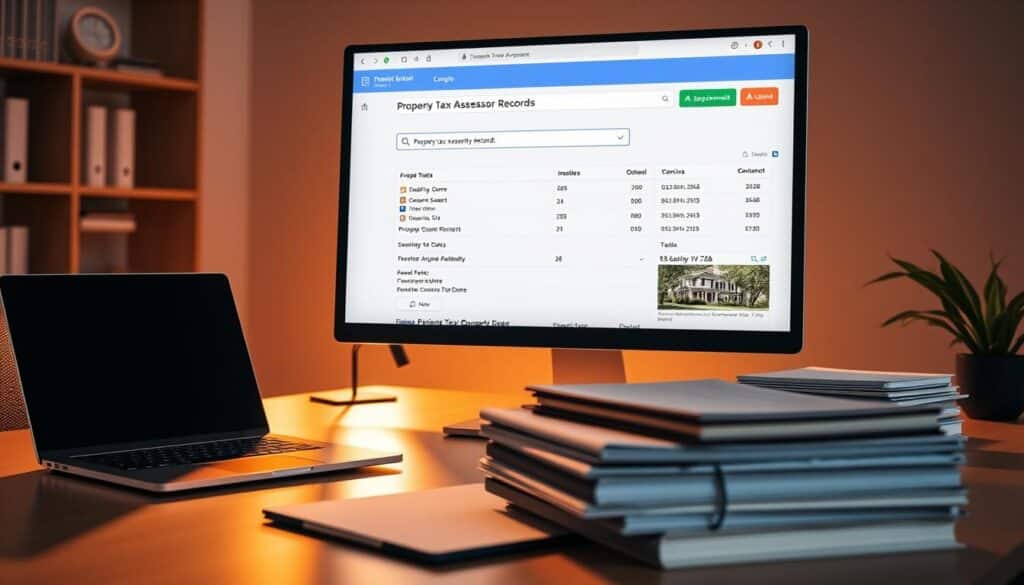
To use public property records, you need to know what to look for and how to get to them. Local government offices keep these big databases. They have lots of info on properties.
Understanding Tax Assessment Data
Tax assessment records have important details like:
- Property owner’s name
- Property address
- Assessed property value
- Land and building valuations
- Tax payment history
Accessing Public Tax Records
You can find property tax assessor records in several ways:
- Online county government websites
- Local tax assessor’s office
- Regional government record centers
- State property database portals
To search for public property records, you need some basic info. This usually includes the property’s address or parcel number. Most places let you access these records for free or at a low cost.
| Search Method | Accessibility | Cost |
|---|---|---|
| Online Portal | 24/7 Access | Free/Low Cost |
| County Office | Business Hours | Minimal Fee |
| State Database | Comprehensive Search | Varies by State |
Property tax assessor records are a vital tool for understanding real estate. By learning how to use these public resources, you can easily get detailed info on properties.
Title Companies and Professional Search Services
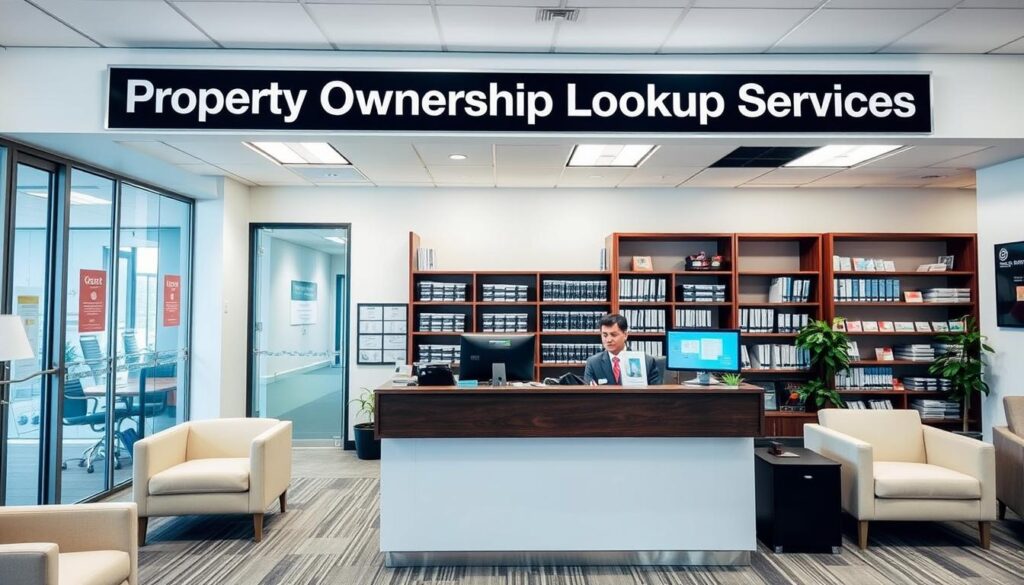
Finding out who owns a property can be tough. Title companies make it easier. They use their expertise to find property ownership details quickly and accurately.
These services give you all the info you need about a property. A title search can show you who owns the property, if there are any liens, and legal issues. This info might not be easy to find on your own.
- Comprehensive property ownership research
- Detailed examination of historical property records
- Identification of possible legal problems
- Expert interpretation of complex documents
When picking a title company, think about a few things:
- How long they’ve been doing real estate searches
- The services they offer
- How much they cost
- How fast they can do the search
“A thorough title search can save you thousands in legal problems later.” – Real Estate Professional
The price for these services varies. In New York, for example, it costs $87.95 for a home search to $250.00 for a business search. Most searches take 10-14 days, but you can get it faster in just four hours.
Professional search services have access to special databases. They can understand legal documents better than most people. This makes them very helpful for anyone buying or researching properties.
Searching Through Public Databases and Records
Looking up public property records is now easier than ever. You can find out who owns a property online without stepping out. These websites make it simple to check who owns a property and its history.

Digital tools have changed how we find public property records. Many platforms offer detailed search options:
- City government websites
- County recorder’s online databases
- State-level property information systems
- Specialized real estate research platforms
Digital Resources Available
Online databases like ACRIS give you full access to property records. For example, ACRIS lets you search for property records and view images for areas like Manhattan and Brooklyn. Keep these tips in mind:
- File size limitations: Document pages must be no larger than 11″ x 17″
- PDF submissions require black and white scans at 300 DPI
- Daily bandwidth is restricted to 400 MB
Physical Archive Access
Even with digital tools, visiting archives is key for deep research. Local libraries and government offices have documents not online. Make sure to bring the right information about the property you’re researching.
“The most thorough property investigations combine digital resources with physical archive research.” – Real Estate Research Experts
Getting the most out of public property records takes time and the right approach. Whether online or in person, you can learn a lot about property ownership and history.
Understanding Property Deeds and Title Documents
Property deeds are key legal documents that transfer ownership. A property deed search shows important details about real estate deals. It helps buyers and investors grasp the complex world of owning property.
There are different types of deeds, each with its own level of protection and legal impact:
- Warranty Deeds: Give the most protection to buyers
- Quitclaim Deeds: Offer little legal assurance
- Grant Deeds: Used in sales without a mortgage
During a title search, experts check the ownership history to confirm property rights. For a deed to be valid, certain key elements must be there. These include:
- The grantor must have legal capacity
- The grantor and grantee must be clearly identified
- The deed must have the right words to transfer ownership
- It needs proper signatures
- It must show delivery and acceptance
The digital world has changed how we handle property deeds. In 2023, the FBI saw almost 9,500 fraud complaints in real estate. This shows how important thorough title searches are. Digital tools have made checking property ownership easier but also brought new security risks.
Knowing the differences between titles and deeds is key to protecting your real estate investments.
Before buying property, it’s vital to do a detailed deed search. This helps avoid risks and ensures a clear title transfer. Professional title search services can offer detailed analysis and help avoid legal issues.
Local Government Resources for Property Searches
Using local government resources can help a lot when you’re looking up real estate ownership. Public property records kept by local offices give detailed info on who owns what. This info is not always easy to find elsewhere.
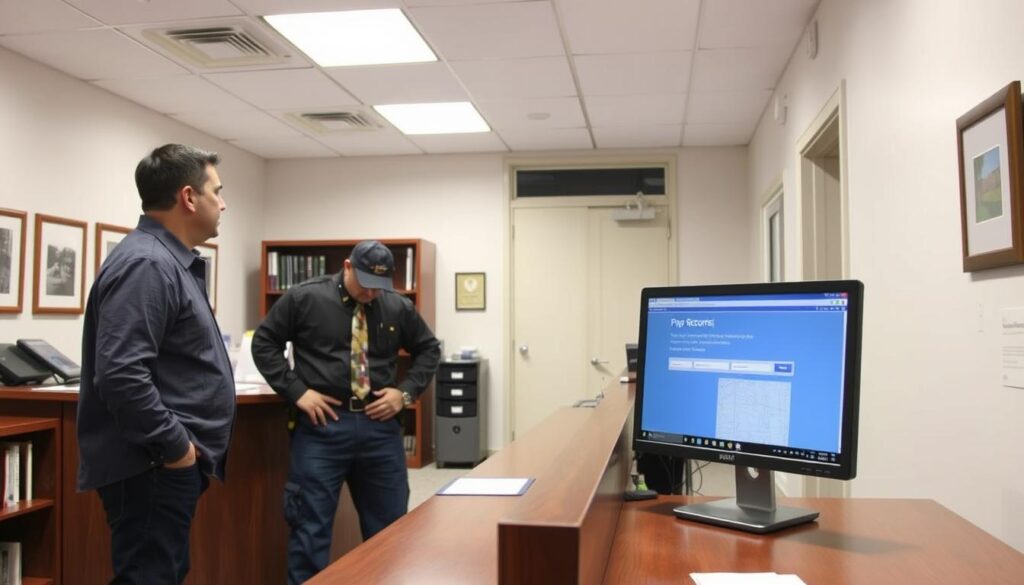
Local government offices are key places for finding property info. Many counties have made their records digital, making it easier to find who owns what. You can use different local resources to find out who owns a property.
Municipal Records Departments: Your Information Gateway
Municipal records departments are full of useful tools for property research. They keep big databases with lots of info, like:
- Current property owner names
- Mailing addresses
- Property tax info
- Historical ownership records
City Planning Offices: More Property Insights
City planning offices add more important info for property research. They have things like:
- Zoning info
- Property map archives
- Detailed land use documents
- Historical property development records
To get the most out of your search, try these tips:
- Schedule appointments with record management staff
- Have all needed documents ready
- Know about any research fees
- Ask for digital copies if possible
Even though online databases are handy, local government resources are best for exact property info.
Property Search Tools and Online Platforms

The digital world has changed how we search for property. Now, online tools and platforms make finding property information easy. These tools give us access to a lot of real estate data, making our searches more efficient.
When we look at online property databases, we find many useful platforms. These platforms help us search for property ownership in different ways:
- Public Record Websites: They have data on 155+ million U.S. properties.
- County-Level Platforms: They give us local property information.
- Professional Real Estate Databases: They have advanced search tools and detailed property insights.
Both professionals and regular people can use these platforms to find important property info. The best online property databases have:
- Advanced search tools with 125+ search fields.
- Interactive map overlays to show parcel boundaries.
- Comprehensive property event flags.
- Detailed property reports on ownership history.
These platforms offer different types of reports, like:
- TotalView Reports
- Enhanced Transaction History
- Topic-Specific Property Insights
When picking an online property database, think about its coverage, accuracy, and depth. With 99% national data coverage and sources from over 3,000 U.S. counties, you can trust the information you find.
Legal Considerations When Researching Property Ownership

Looking into property ownership records is complex. It involves understanding legal limits and privacy laws. Real estate searches must respect privacy and follow strict rules.
Property records are public, but there are big legal limits to protect personal info. Recent data shows how important these laws are:
- 73% of real estate agents reported an increase in fake seller scams
- 9,521 reports of cyber-related real estate fraud resulted in over $145 million in damages
- The likelihood of property fraud has increased by 23%
Privacy Laws and Information Access
When you search for property records, you must balance public info with privacy. Important legal points include:
- Protecting personally identifiable information (PII)
- Respecting individual privacy rights
- Complying with local and federal regulations
Access Limitations
Not all property records are open to everyone. Some, like those owned by government officials or in legal fights, might be off-limits. The cost to get this info varies, from $10 to $50, based on where you are and how deep you dig.
Knowing these legal details is key to doing ethical and legal property searches.
Even though property info is public, using it wrong can get you in trouble. Always check if your search is legit and respect the privacy of property owners.
Tips for Successful Property Ownership Searches
Doing a property ownership search well needs careful planning and using many resources. The real estate market is huge, worth US$119.80 trillion in 2024. It’s key to do your research right. Start with online databases and digital tools that can search quickly.
Get the most out of your search by gathering important details first. Always have the property’s zip code handy. Use services like PropertyShark for detailed results. Title searches, costing $100-$200, give deep insights into a property’s past.
Getting help from professionals can make your search easier. Real estate agents can access the Multiple Listing Service (MLS) for fast info. Or, you can visit the County Recorder’s Office yourself. Remember, you can look up public records without a real estate license.
If you need help, our team is here for you. Call us at 518-569-7173 for expert advice on property searches. With the right tools and approach, you can find out who owns any property in the U.S. with confidence.


